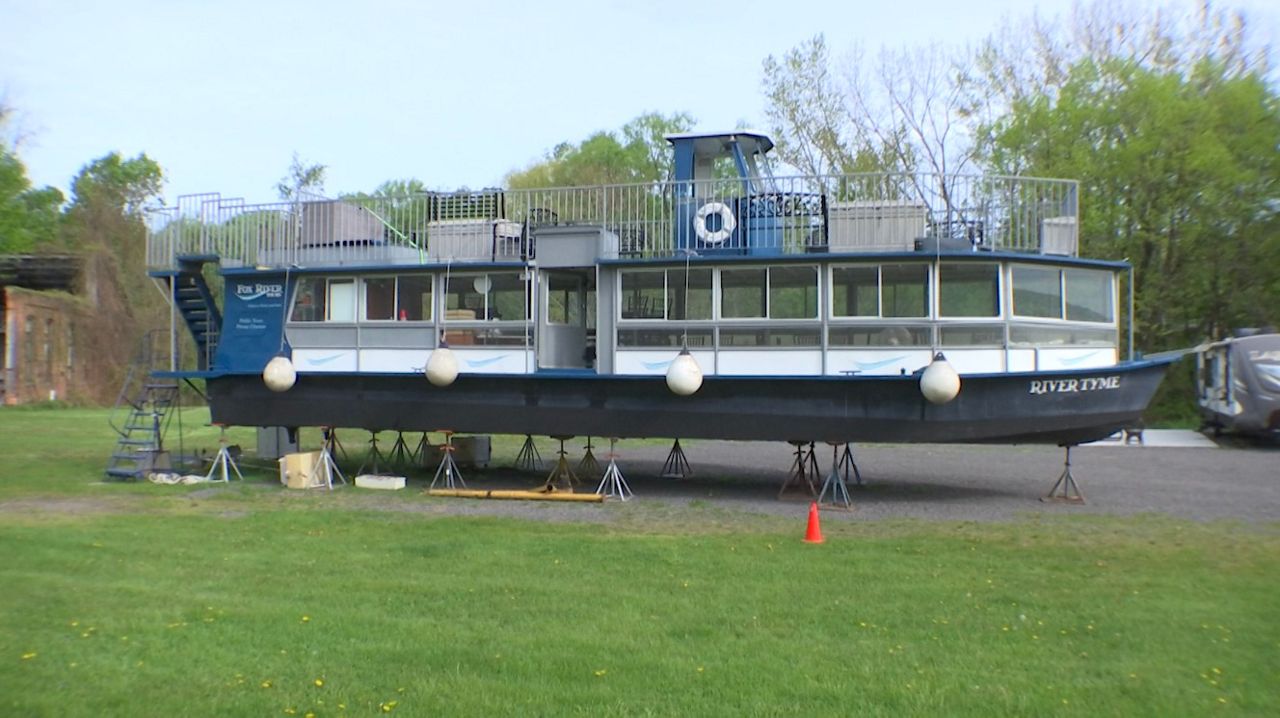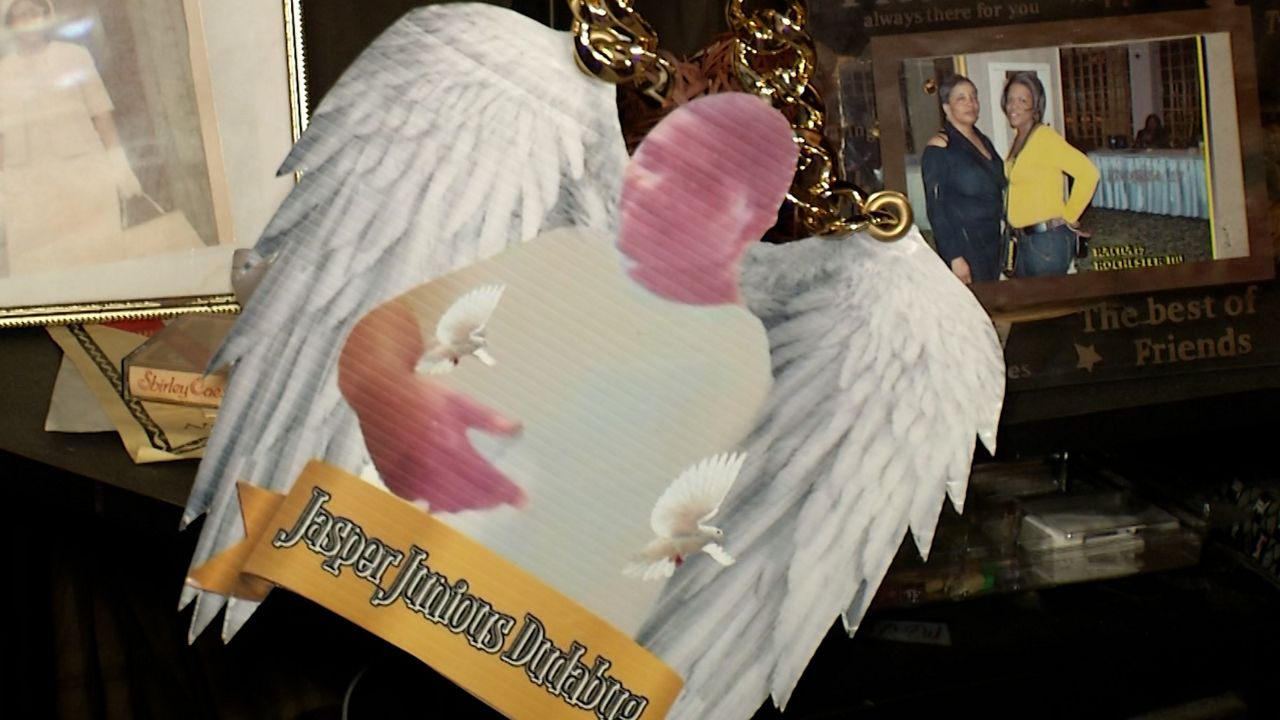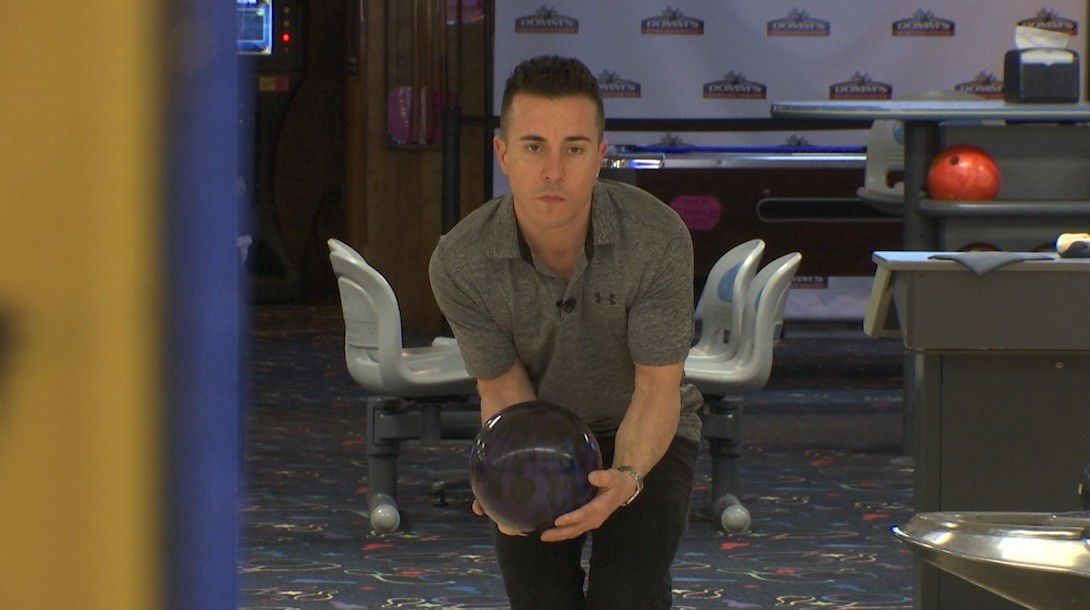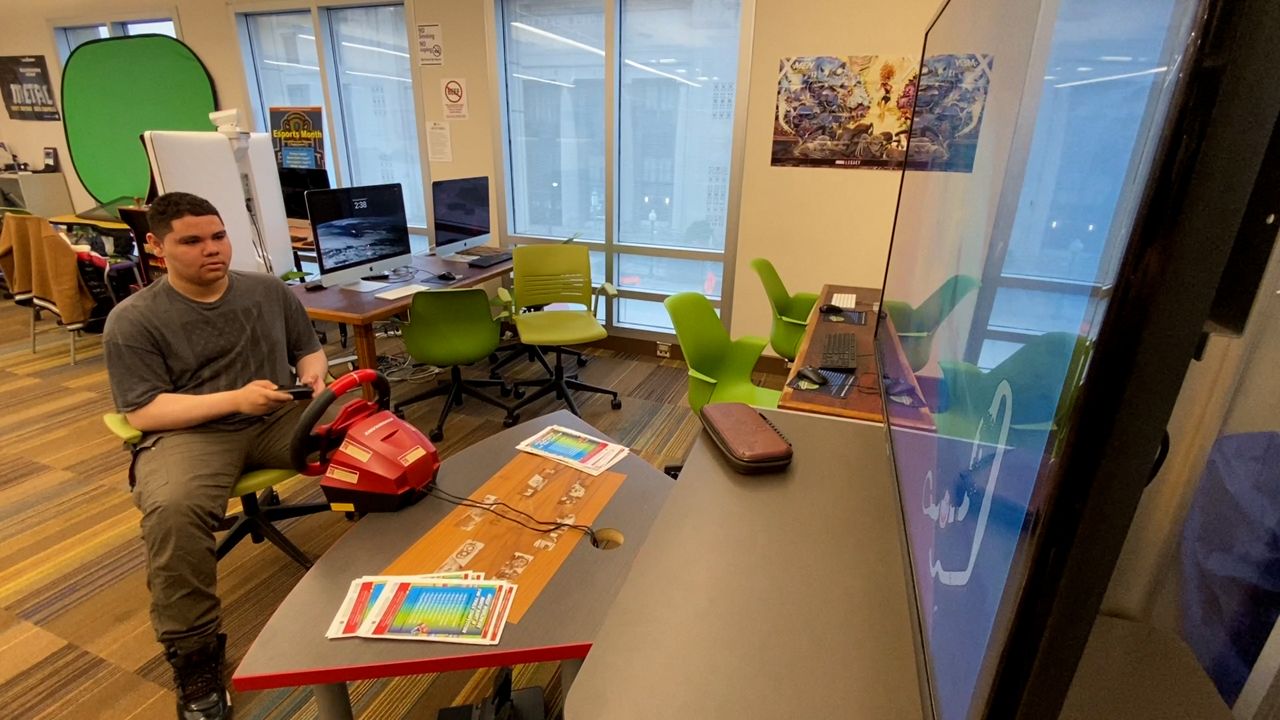ROCHESTER, N.Y. — A mass shooting at Maplewood Park over the weekend left two dead and multiple others injured. Around 100 other people were at the event Sunday evening, leaving dozens to live with the trauma going forward.
Mental health specialists at hospitals take on the role of first responders mediating those going through trauma after events like this.
Rochester General Hospital has one of the 14 SNUG programs across the state. The name comes from ‘guns’ spelled backwards. SNUG is funded by the New York State Division of Criminal Justice to provide community, as well as public health approaches, to end gun violence.
RGH is the only branch across the state to have a psychiatrist on the team of four. Mary Marrocco works with behavioral health clinician Raquia Much, as well as two social workers, to help victims of gun violence recover from the trauma they live through. The ultimate goal: to end the cycle of gun violence.
“Emotions are very high when these things happen, they’re right on the forefront," Much said. "The crisis is here the crisis is now. So meeting some of those basic support needs. Sometimes it’s de-escalation, comfort [and] validation, really trying to interface from their point of view. The long run of things is the trauma. Not everybody is going to be impacted the same way, just because somebody experiences, two people can experience the same exact trauma and one can potentially develop symptoms of something, for example, like PTSD, and the other may not, right? So I don’t know that the day I meet them in the hospital, but I definitely take that opportunity to provide psycho-education around trauma.”
“Even those that aren’t intimately involved with one of these violence situations, it impacts all of us as a community," Marrocco said. "The amount of violence that is out there is frightening. And we do see that even among those who aren’t victims of violence. But our program is really designs to impact victims of violence and their families. It's not a one size fits all. And for different people, different interventions are appropriate. And different people experience trauma differently. But at RGH, most, if not all, of our clinicians are trained in trauma informed care. Trauma comes in so many different forms. What we’re talking about here with gun violence. That is very significant, but there’s a lot of other trauma that people experience as well.”
Having a psychiatrist on their team opens up the option for medication referrals in order for some victims to overcome the trauma they’ve experienced. That’s just one way the team is able to offer their support. The program also tries to connect with others involved in traumatic instances: family or friends of victims, or even witnesses, because Marrocco says it takes a village to stop hurt people from hurting more people.
“For many it's trauma, upon trauma, upon trauma," Marrocco said. "So it maybe what we would consider a less significant incident, but it could be in someone who has experienced many instances of trauma in their life. The concept of it takes a village. There’s lot of different programs in town that are helping, trying to help impact trauma and violence, and there can’t be enough really. We all need to come together to make a difference in this community because we just can’t keep living the way we are with the number of instances that there are and the amount of violence that we are.”
The program also educates everyone on how to stop that cycle of trauma by providing outside resources, like its branch SNUG585, to stay connected throughout the healing process.
“[Violence is] there, it’s been there, and we’re here to hopefully help make an impact on that: the victims and their families,” Much said.










